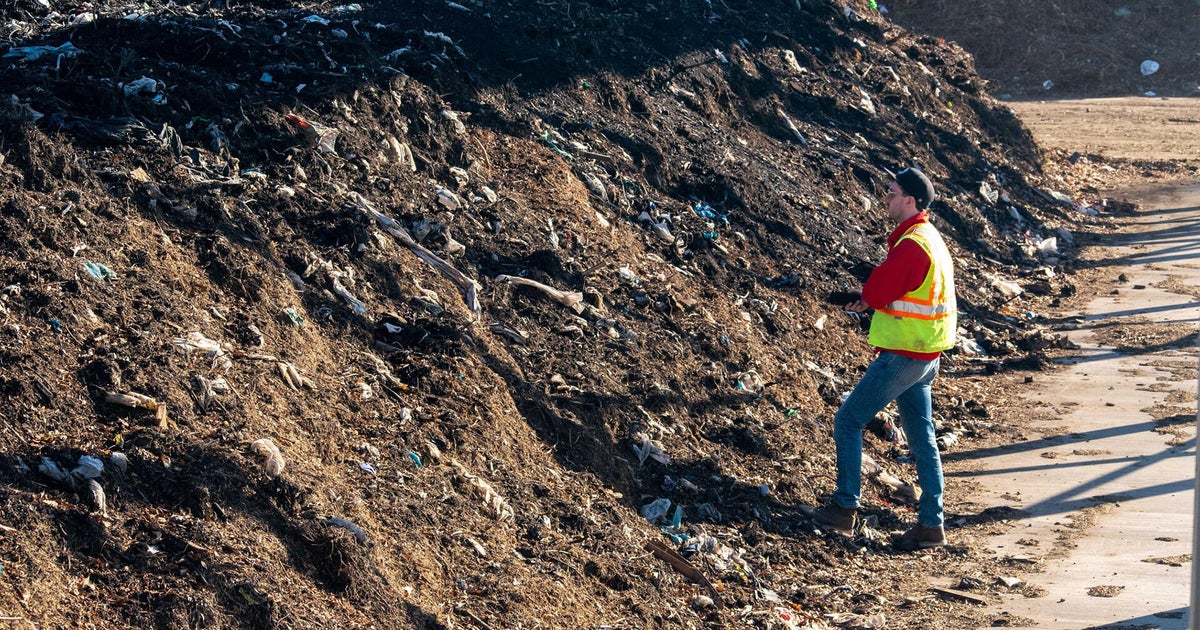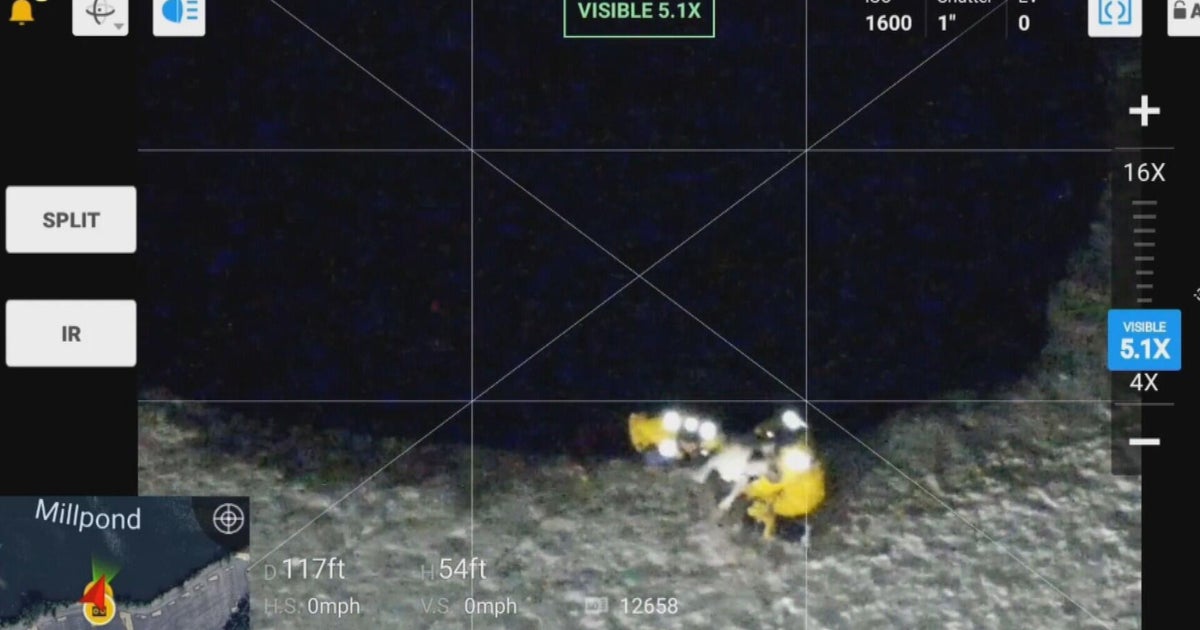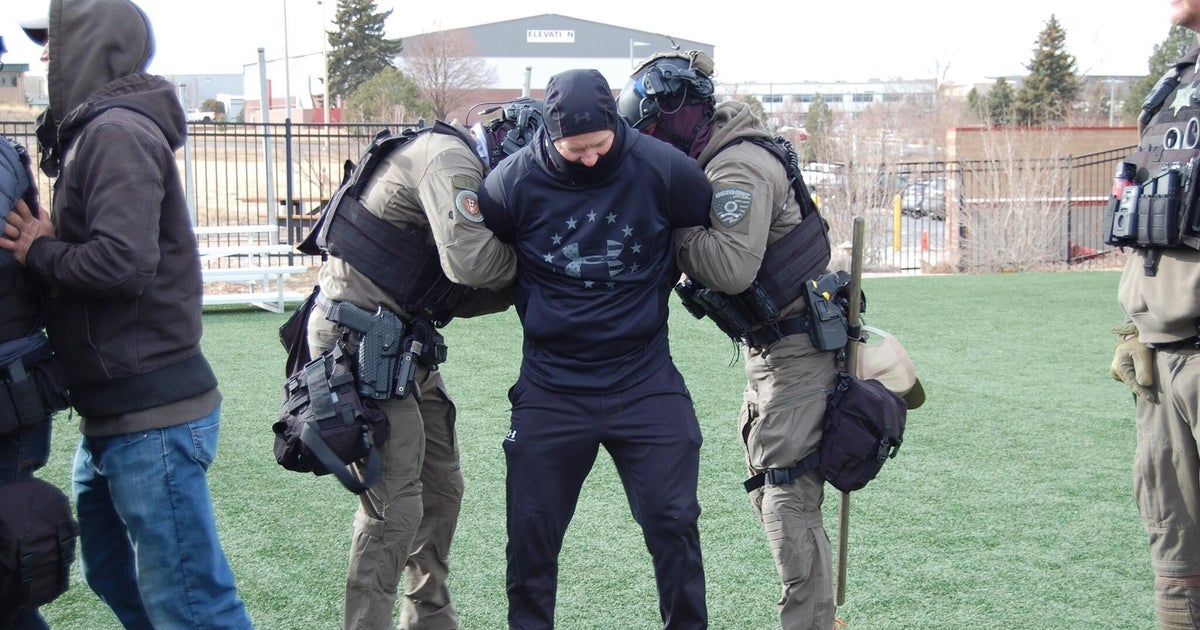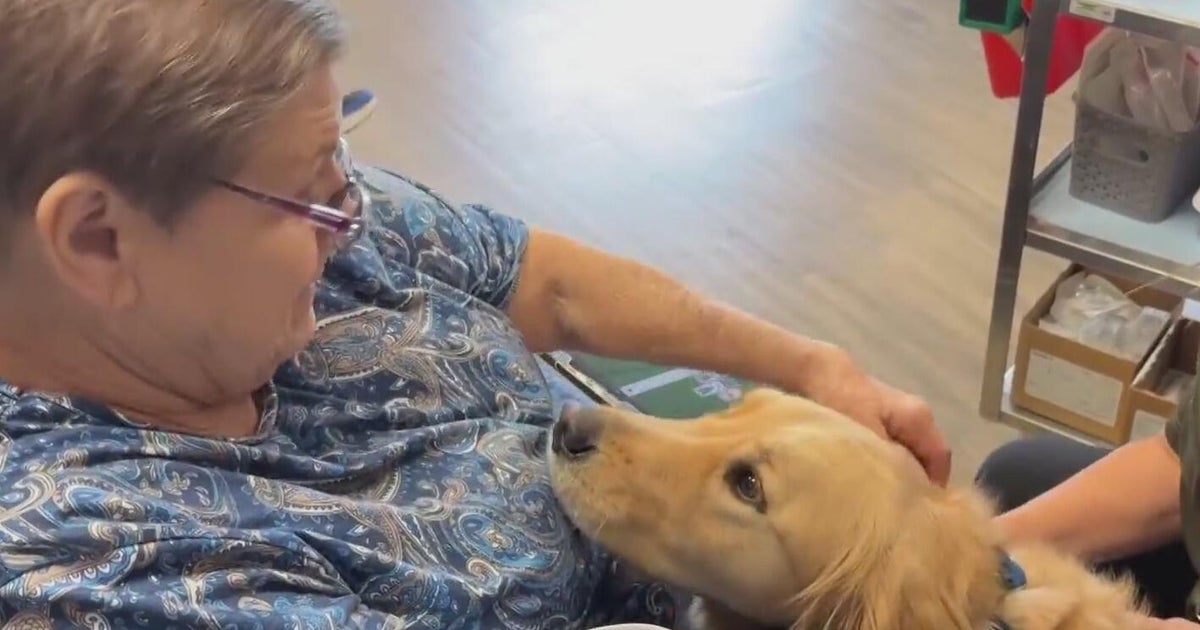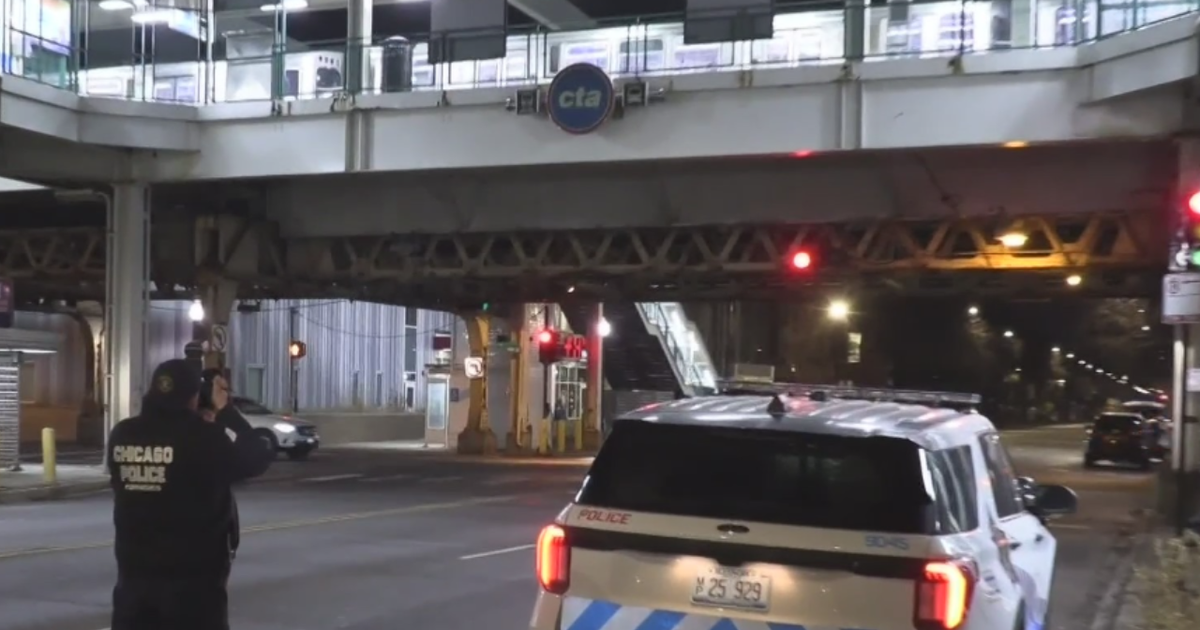FIU Training Dogs To Detect COVID-19
MIAMI (CBSMiami) -- As COVID-19 continues to spread across Florida, the nation and the world, a team of researchers at Florida International University have trained detector dogs to identify the virus.
Dogs have highly developed senses of smell. That's why FIU's International Forensic Research Institute is using its decades of experience researching and identifying odors to help train and improve the ability of detector dogs to locate COVID-19.
The COVID-19 detector dogs will be working on the FIU campus this spring as part of the effort to control the spread of the virus.
RELATED: COVID-19 Vaccination Sites In South Florida
Much like bomb-detecting dogs, COVID-19 detecting dogs can sweep an area and alert to the presence of the odor that is left on surfaces (particles, aerosols, cellular material) by a person infected with COVID-19.
FIU's COVID detector dogs were also invited to sweep the State Emergency Operations Center in Tallahassee. They will start their work at the Florida capital next week.
"Our COVID-19 detector dogs are part of our campus-wide efforts to create the best possible environment using available evidence and our own research," said FIU Provost and Chief Operating Officer Kenneth G. Furton.
TRENDING STORIES ON CBSMIAMI.COM
- Tesla's Elon Musk Wants To Dig Tunnels To Alleviate Miami Traffic Jams
- Ivanka Trump And Jared Kushner Rent Luxury Miami Condo Near 'Billionaire Bunker' Property
- 1 Winning Ticket In $730 Million Powerball, Mega Millions Next With $970 Million Jackpot
Two of the four detector dogs were previously trained to detect the disease odor produced by a specific fungus that killed a significant percentage of avocado trees in South Florida. Scientists are applying the same training method used to find the fungus, to detect COVID-19.
"COVID-19 produces unique odor chemicals and also causes metabolic changes in those infected with the virus, resulting in odors that dogs can detect," said IFRI Director DeEtta Mills.
For the current study, IFRI is collaborating with the Environmental Health & Safety Department at Baptist Health South Florida, which provided the face coverings worn by individuals who tested positive and negative for COVID-19.
Ultraviolet C light is used to inactivate the virus, making the masks safe to handle without altering the COVID-19 odors.
The canine team consists of one Belgian Malinois, a Dutch Shepherd and two small rescue dogs trained to detect COVID-19 odors, first in a lab and now in larger spaces, including auditoriums, computer labs, and libraries.
The canine's size difference helps detect the virus in hard-to-reach spaces such as under and between chairs.
Researchers say the dogs can achieve greater than 90 percent accuracy and low false positives after completing the final stages of training, which is ongoing.




